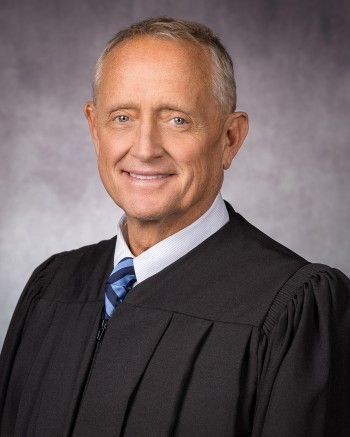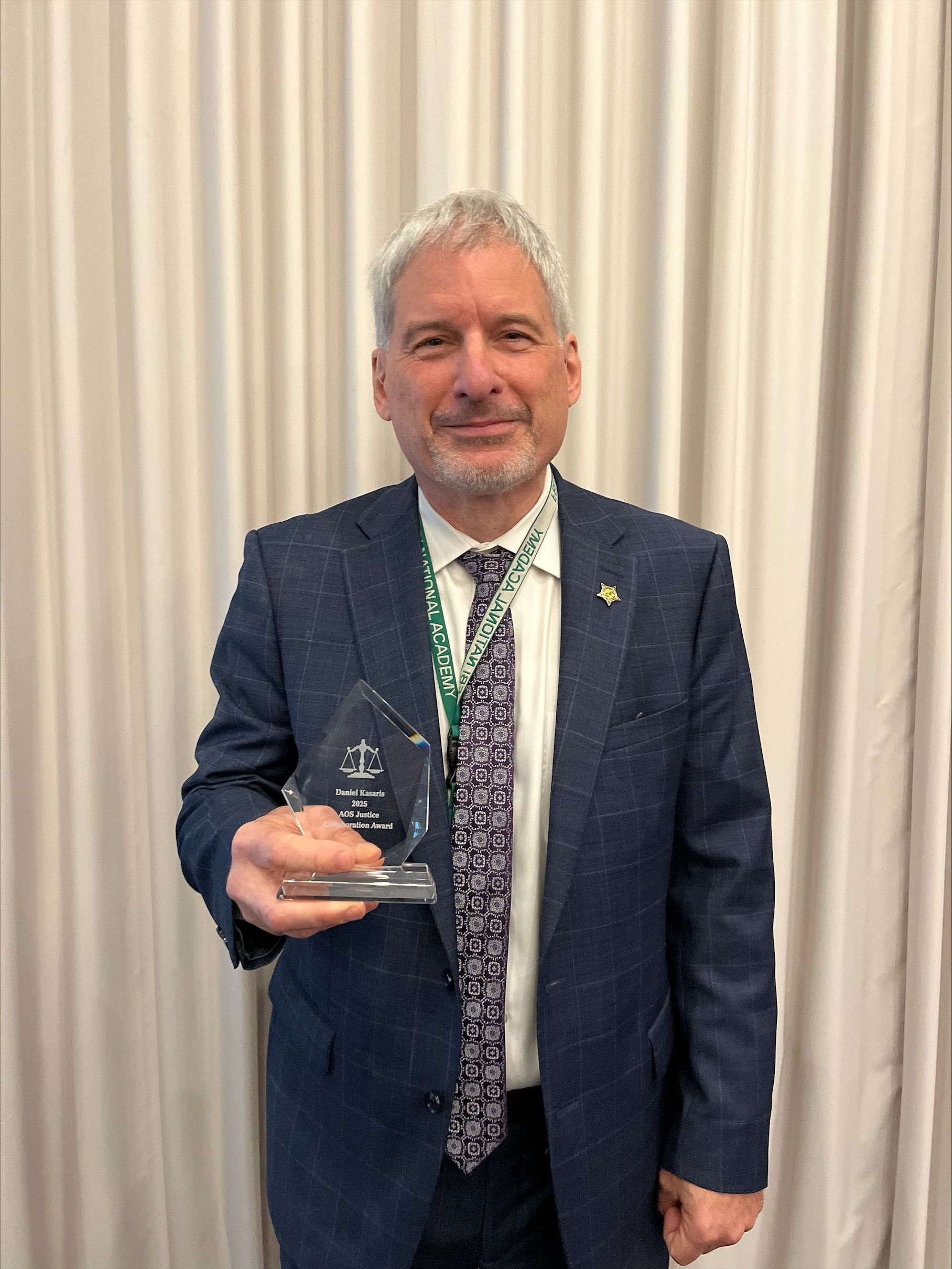How a Simple Records Request Turned into a Battle for Justice and Accountability in Ohio's Courts
I am Charles L. Tingler, a resident of Defiance County, Ohio. I have spent years navigating the tangled web of the state’s judicial system. I hold firm to principles of truth, accountability, and moral integrity. These values drive me to expose wrongdoing where I see it, especially when public officials abuse their power. Today I describe my ongoing struggle against Defiance County Prosecuting Attorney Morris J. Murray. I believe his actions amount to gross misconduct and willful neglect of duty. My position comes from documented facts in legal filings I prepared and submitted.
On October 19, 2025, I submitted a written request to the Defiance County Court of Common Pleas for administrative and fiscal records under the Ohio Supreme Court Rules of Superintendence. I relied on Sup.R. 44 through 47. These rules define court records broadly and include administrative documents related to fiscal, personnel, and management functions. They presume public access. They require prompt acknowledgment and production within a reasonable time. They allow restrictions only through a court order supported by clear and convincing evidence using the least restrictive means. As a resident and requester, I had a right to this information without interference.
Instead of compliance, I received a letter dated October 31, 2025, from Murray’s office. Murray advised the court to hold or not process my request. He cited a probation condition from an unrelated Ottawa County criminal case, case number 2021 CR 092. That condition, imposed in 2021 and extended in May 2024 for three years, prohibits contact with public officials or offices except in verified emergencies. It bars filing complaints, grievances, litigation, or other communications. It limits me to emergency services for emergencies only.
Murray’s letter stated that my records request violated that condition. He instructed the Defiance County Court of Common Pleas to delay responding to me until after a probation violation hearing in Ottawa County. He copied the court, Henry County Prosecuting Attorney Gwen Howe Gebers who is acting as special prosecutor for Ottawa County, and others. His intervention was not neutral. It was an attempt to block my lawful access to public records.
A probation condition from another county does not override the Rules of Superintendence. Sup.R. 44 through 47 contain no such exception. Compliance with these rules does not depend on prosecutorial approval or unrelated criminal matters. By urging the court to ignore its duties, Murray invited noncompliance with binding Ohio Supreme Court rules. This harms the public’s right to open courts.
The court did not acknowledge my request. Clerk of Courts Dan O. Crites had a duty under Sup.R. 45 to acknowledge it. I received no acknowledgment and no records. There was no restriction order meeting the rule’s standards. This prompted my first action. I filed a Complaint for a Writ of Mandamus in the Ohio Supreme Court against Crites and Administrative Judge Joseph N. Schmenk.
In that complaint, I invoked the court’s original jurisdiction under Article IV, Section 2(B)(1) of the Ohio Constitution and R.C. Chapter 2731. I detailed the facts with a verified affidavit based on personal knowledge. I argued that I have a clear legal right to prompt processing and access, that the respondents have a duty to comply or obtain a valid restriction order, and that mandamus is the remedy under Sup.R. 47 for such failures.
My prayer for relief sought to compel Crites to acknowledge and produce the records. It sought to compel Judge Schmenk to ensure compliance and to refrain from suspensions based on prosecutorial letters or unrelated probation conditions. I requested costs and other appropriate relief.
This mandamus action highlights a central issue. Public officials must follow the law. Murray’s letter used his position as the county’s legal adviser under R.C. 309.09 in a way that undermines court independence. Prosecutors advise county officers. Encouraging disregard for Supreme Court rules exceeds that role and harms public trust.
My experiences in the judicial system shaped my understanding of accountability and justice. I learned the limits of authority and the duty to challenge abuses. I see this fight as an obligation grounded in truth and charity.
I did not stop with mandamus. Murray’s actions justified further action. I prepared a verified complaint under R.C. 309.05. That statute allows taxpayers to seek the removal of a county prosecuting attorney for wanton and willful neglect of duty or gross misconduct in office. It requires a supporting affidavit, a hearing with notice, and removal if charges are proven.
A prior vexatious litigator designation in Erie County Court of Common Pleas, case 2022 CV 0282 before Judge Tygh M. Tone, requires me to obtain leave under R.C. 2323.52 before starting new proceedings. On November 3, 2025, I filed a Motion for Leave to Proceed in that court. I attached the proposed Defiance County complaint and supporting affidavit.
In the motion, I certified good faith and reasonable grounds. I explained that the action is not for delay or harassment. I outlined the statutory framework and cited Mayer v. Bristow for the declaring court’s screening role. The proposed complaint alleges that Murray’s letter directed the court to suspend my Sup.R. request based on an inapplicable probation condition. That suspension impairs public access and constitutes misconduct.
My supporting affidavit reaffirms these facts as a taxpayer. It explains how Murray’s actions invite noncompliance, substitute prosecutorial preference for rule based procedures, and conflict with his advisory duties. If proven, this warrants removal.
The motion seeks limited leave. It would allow me to file the complaint, obtain a case number, issue service, respond to initial Civ.R. 12 motions, and attend the R.C. 309.05 hearing. Any further steps would require new leave. This ensures controlled proceedings.
I disclose this because silence enables abuse. Murray’s office holds significant power. His assistants Russell R. Herman, Joy S. O’Donnell, Steven J. Furnas, and Quelsea R. Cereghin support operations, yet responsibility remains with him. His signature on the letter shows direct involvement.
There is a broader concern here. If prosecutors can block public records requests by citing probation terms from other counties, they can restrict oversight entirely. Sup.R. 45 requires court orders for restrictions. Prosecutorial direction is not a substitute. Ohio Supreme Court precedent reflects this standard.
I pay taxes in this county. I have the right to hold officials accountable. This effort is not personal. It is about enforcing laws that protect transparency.
This battle tests Ohio’s commitment to open government. If the mandamus succeeds, the court will be compelled to comply. It will reinforce that external interference is improper. If leave is granted and removal is proven, it will remove an obstacle to justice.
I encourage readers to examine the facts. Public records access is vital for democratic accountability. When officials like Murray obstruct it, the community suffers. I believe truth ultimately prevails through persistent action grounded in law.
This post is based on my legal filings. It reflects my direct knowledge and documentation. For updates, visit the-exposer.com. If you face similar issues, document everything and use the law as your shield.



